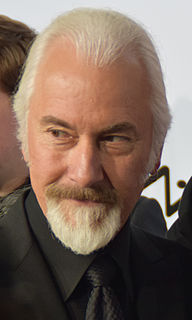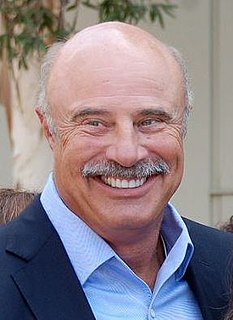A Quote by May Sarton
I cannot understand why poetry is not taught at schools as a way of seeing, a quick, untiring path to essentials.
Related Quotes
The path to a better future goes directly through our public schools. I have nothing against private schools, parochial schools and home schooling, and I think that parents with the means and inclination should choose whatever they believe is best for their children. But those choices cannot compete, and cannot come at the expense of what has been -- and what must always be -- the great equalizer in our society, a free and equal public education.
You can’t learn to write in college. It’s a very bad place for writers because the teachers always think they know more than you do—and they don’t. They have prejudices. They may like Henry James, but what if you don’t want to write like Henry James? They may like John Irving, for instance, who’s the bore of all time. A lot of the people whose work they’ve taught in the schools for the last thirty years, I can’t understand why people read them and why they are taught.
Why do so many marriages fail? Because nobody gets taught how to be married. We're not taught how to pick a mate, or why to pick a mate; we don't know how to manage our emotions once we're in a marriage; we don't know how to resolve marital conflict. Married people have never been taught why they or their spouses feel the way they do and act the way they do. Nobody has ever taught us the fundamentals.
The only purpose of education is to teach a student how to live his life-by developing his mind and equipping him to deal with reality. The training he needs is theoretical, i.e., conceptual. He has to be taught to think, to understand, to integrate, to prove. He has to be taught the essentials of the knowledge discovered in the past-and he has to be equipped to acquire further knowledge by his own effort.
Often poetry, especially the sort of poetry I write, is concerned with looking at the borders between the sensual and the spiritual and seeing them as divided, equivocal, that mystery somehow can break in to the ordinary. And we read poetry I think in part, to gain a sense of that intimacy with things that we can't understand that are unable to be understood but that buoy up our lives.
Or, to express this in another way, suggested to me by Professor Suzuki, in connection with seeing into our own nature, poetry is the something that we see, but the seeing and the something are one; without the seeing there is no something, no something, no seeing. There is neither discovery nor creation: only the perfect, indivisible experience.







































